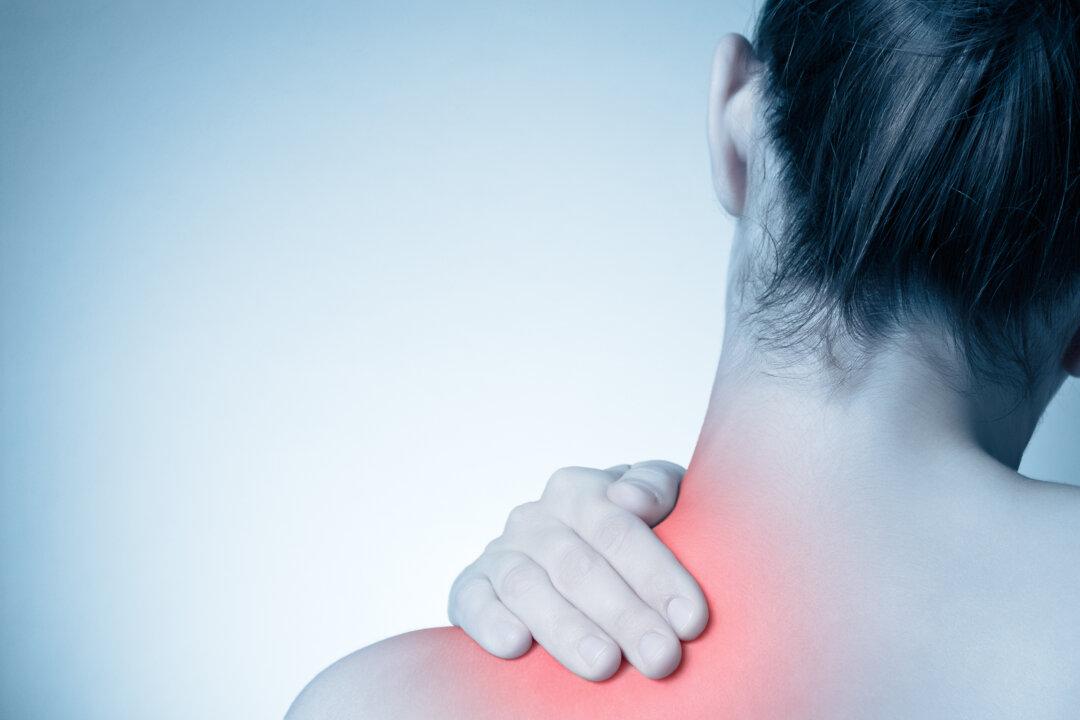Contrary to the negative soy information floating about in today’s technological world, the scientific consensus shows soy is essentially beneficial. Actually, soy is the subject of some of the worst health misinformation on the internet. We need to tune out this misinformation and follow the science. Greater intake of soy foods is linked to a decrease in the risk of breast cancer, prostate cancer, and cardiovascular disease.
Soy and Estrogen (The Primary Female Sex Hormone)
Soy contains phytoestrogens (“plant estrogens”) called isoflavones which are said to be weak estrogens, but it’s actually more complicated than that. Isoflavones have both estrogenic and anti-estrogenic effects. . The evidence suggests that, because of their complex relationship with different estrogen receptors, soy isoflavones have beneficial anti-estrogenic effects in breast tissue while also having beneficial estrogen-mimicking effects in bone tissue.Does Soy Promote Breast Cancer?
No. Since estrogen causes breast cancer cells to proliferate, and cumulative estrogen exposure increases breast cancer risk, there was an early theory that there might be a link between soy foods and breast cancer. At that time, however, in Asian countries, where soy was a staple food, breast cancer rates were much lower than those in the United States. This paradox launched hundreds of studies. The results of some individual studies were neutral, and, importantly, no studies in humans have suggested an increase in breast cancer risk; most show a decrease.Overall, the research suggests that soy intake helps to protect against initial breast cancer development (especially postmenopausal breast cancer), breast cancer recurrence, and breast cancer mortality. There is no more soy breast cancer controversy.






